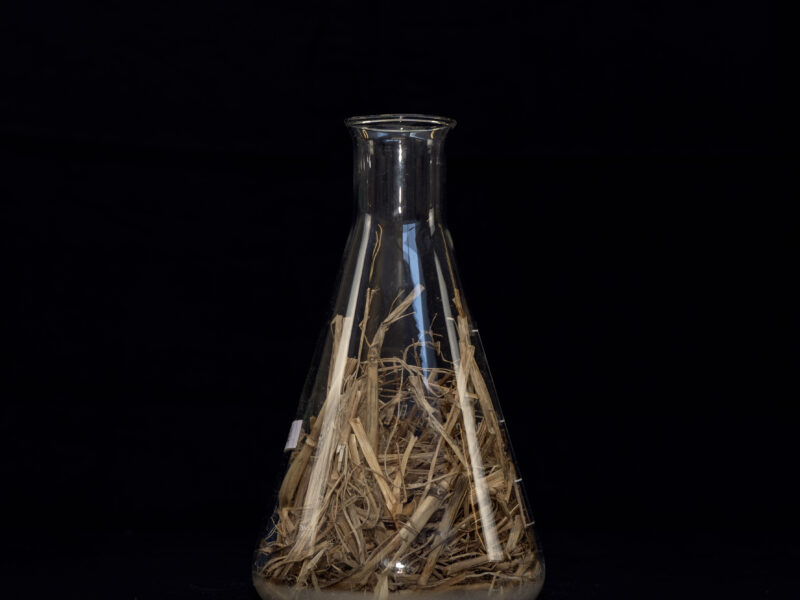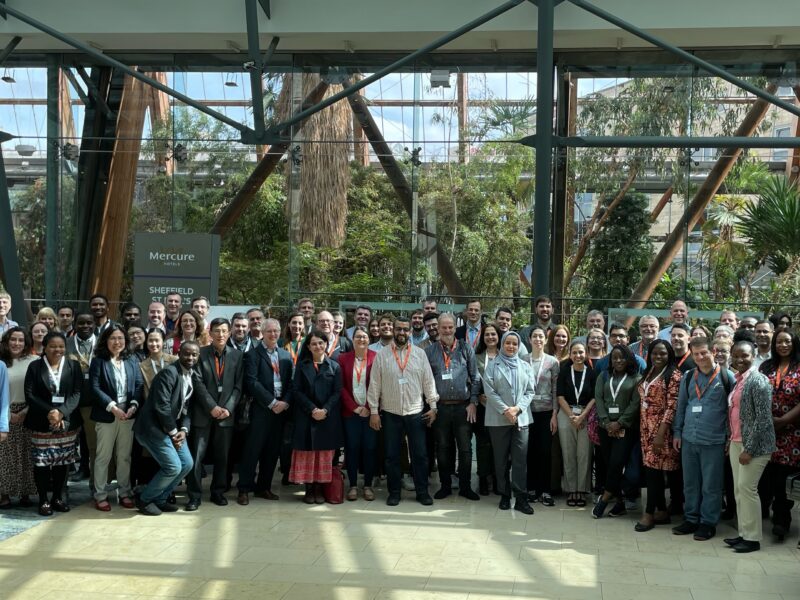Bio-based solvent production from lignocellulose derived sugars and aromatics
- Project lead
- Neil Dixon
- Institute
- University of Manchester
Summary:
Anisole is an important industrial chemical, regularly used as a precursor by the flavour and fragrance, pharmaceutical and food industries. Further, its favourable physical and chemical properties, low toxicity and biodegradability rank it well on solvent selection guides. With such versatility of application, the global market size for anisole was valued at ~90$ (USD) million in 2022, with a projected annual growth rate of 5.5%/year between 2023-2030.
Currently, anisole is synthesized from non-renewable petrochemical resources. However, the unacceptable climate impact and the unsustainability of these feedstocks has spurred our interest in developing alternative routes to solvents, using microbial biocatalysts and renewable biomass feedstocks.
Towards this, we have developed a novel enzymatic cascade for the production of anisole from 4-hydroxybenzoic acid using the solvent tolerant microbial chassis, Pseudomonas putida KT2440. In this study, we will (i) use metabolic engineering to enhance anisole production from corncob lignocellulose derived sugars and aromatics, (ii) develop a fed-batch production platform for anisole from corncob lignocellulose hydrolysate, and (iii) evaluate the economic and environmental performance of this bio-based process using techno-economic analysis (TEA) and life cycle analysis (LCA). This work will provide a significant step forward in the development of an industrial biotechnology route towards anisole from sustainable lignocellulosic biomass.
This project is ongoing and an update on the outcomes and impact will be published on completion.
Academic partners: Neil Dixon, Micaela Chacon, James Winterburn and Rosa Franca, University of Manchester
Industrial partners: William Goundry, AstraZeneca








